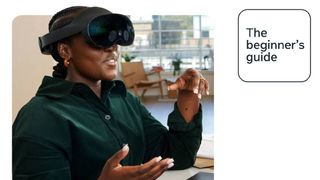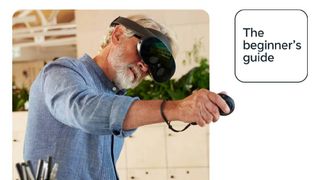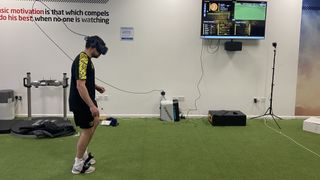Virtual Reality
Latest about Virtual Reality

Meet in VR: The beginner's guide
By ITPro last updated
whitepaper Seven meeting challenges VR can help you solve

Create in VR: The beginner's guide
By ITPro last updated
whitepaper Five creative challenges VR can help you solve

Learn in VR: The beginner's guide
By ITPro last updated
whitepaper Seven training challenges VR can help you solve

Virtual reality for work: The ultimate guide
By ITPro published
whitepaper Six ways virtual reality is changing the future of work

End to end 3D design and styling
By ITPro published
Whitepaper Recorded demonstration sharing how to create a realistic-looking 3D scene

Will Apple’s rumored Vision Pro be a VR game changer?
By James O'Malley published
Analysis As rivals fall by the wayside, Apple could define a sector once more with its Vision Pro mixed reality headset

Has Lenovo found the ultimate business use case for smart glasses?
By Bobby Hellard published
Opinion Lenovo’s T1 smart glasses offer a virtual desktop that only you can see
Get the ITPro. daily newsletter
Receive our latest news, industry updates, featured resources and more. Sign up today to receive our FREE report on AI cyber crime & security - newly updated for 2024.






